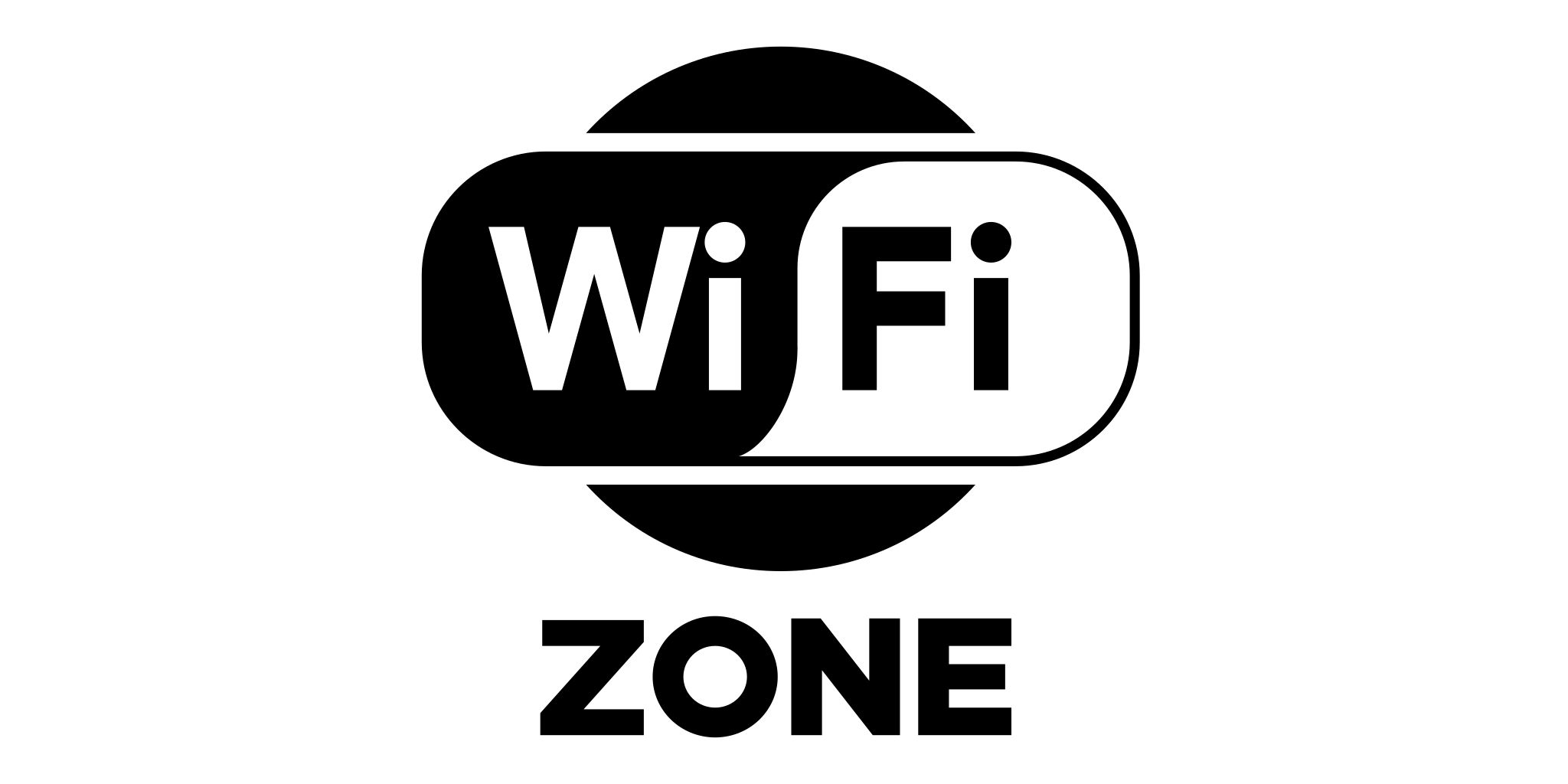
Earlier this month, Sheffield City Council announced that it is seeking providers to offer public WiFi access to the city centre that will cover the city’s Sheffield Business Improvement District (BID).
Public WiFi has long been a discussion point within the digital community, and regularly comes up in conversations at Geek Breakfast, The Platform events, in the SmartSheffield meetup and elsewhere. In order to communicate some of the views and ideas that have been suggested, and following a short consultation on the Sheffield Digital Slack, we put together an open letter describing some of the aspects of such a service that we know are of importance to members of the community, and which we feel should be given consideration during the Council’s evaluation process.
Earlier this week, we sent the letter to Councillor Leigh Bramall (Deputy Leader & Cabinet Member for Business and Economy), Edward Highfield (Director of Creative Sheffield) and Diane Jarvis (Sheffield BID Manager) to make them aware of these conversations.
This open letter is published below – if you have anything to add or contribute, please add a comment to this post or engage with us on Slack or Twitter 🙂
Dear Leigh, Ed and Diane,
I hope you are well.
I’m writing on behalf of Sheffield.Digital, the association for businesses and individuals involved in Sheffield’s digital industries, to offer our support for the recently announced city centre wifi procurement.
We would very much like the initiative to be successful – if done right, it can provide a useful service to thousands of users, and if it manages that it can also serve a huge role in connecting people to the city’s offers, events and activities, both residents and visitors alike. These outcomes present a number of opportunities for the digital community in the city, and the members we represent, from increased digital awareness and skills development to local business promotion and the ability to deliver valuable services over the network.
I would like to share a number of ideas that have been suggested by our members, that if appropriately considered in the assessment of bids, could lead to the provision of an excellent city WiFi service for now and the future.
1. Focus on user needs when assessing bids
Our members think it is critical that potential suppliers investigate and define ‘use-cases’ or comprehensive user journeys for the service, to gauge the demand, ensure the uptake, and provide the foundation for designing applications that people will actually use.
Perhaps addressing questions such as: What are the different uses we are looking to support? What kinds of service do people need in order to perform the tasks identified? How will people discover the service? How will it appear to them on different devices? How much bandwidth do they need? Have high-bandwidth needs been considered, such as live-streaming video? Might people appreciate the ability to pay a small fee for increased and guaranteed bandwidth for a limited time? What will the user experience be like?
2. Signposting
Evaluate the opportunities provided by bidders for city organisations and firms to use the service to promote their services – e.g. local transport services, food, drink and retail offers, guided walks, tourist information, events, etc.
Often this is provided via a gateway page when the user connects to the service, however precisely when this gateway page appears, how much screen real-estate it offers (i.e. how much will be taken up with provider advertising if such a business model is in play), and how open that page is for 3rd party content are all crucially important considerations that effect the value of the service to the city.
3. Consider if the service will provide more than a simple wifi connection.
For instance will the network be used for footfall measurement and tracking via connection requests?
Will the supplier enable the network to be used for connection of smart city devices such as environmental monitoring sensors for noise, air-quality, temperature, air pressure, etc.?
Will any data collected by the service provider or add-on devices be made available as open data (perhaps via the council’s open data portal)?
4. Access to street-furniture
Some members of our community have queried whether the successful provider will be given exclusive access to the council’s appropriate street furniture, as there is a desire (and investments are being made) in developing other communications networks that would benefit from having access to this street-furniture, for instance for siting sensors, bluetooth LE beacons, LoRaWAN gateways and other equipment.
5. Future-proofing
Ensure bidders will maintain the network against a rapidly evolving network technology base to provide a high quality service now and at the end of the contract, including anticipating new uses and user behaviours.
6. Data transparency
If the provider’s business model includes the collection and sale of user data, what assurances will be made that the specifics of this are clear and easy to understand for end users, and not buried in a lengthy terms of service statement?
I appreciate that it is for the prospective service providers to describe their approaches to these issues in their proposals, however there is some concern amongst our membership that these points won’t be sufficiently taken into account when selecting a provider, and could prove crucial in the service’s operation.
We’d be very happy to have further conversations with you about these points, either individually on behalf of the community, or in consultation with the community both online and as a public meeting if appropriate. We would also like to support the initiative in any way we can, for instance by promoting its use and the development of applications that take advantage of the infrastructure once in place.
I should also let you know that this letter has been approved by the Sheffield Digital board, and will be published to the Sheffield Digital website to seek further comment from the community.
Very best regards,
Chris Dymond
Director, Sheffield Digital